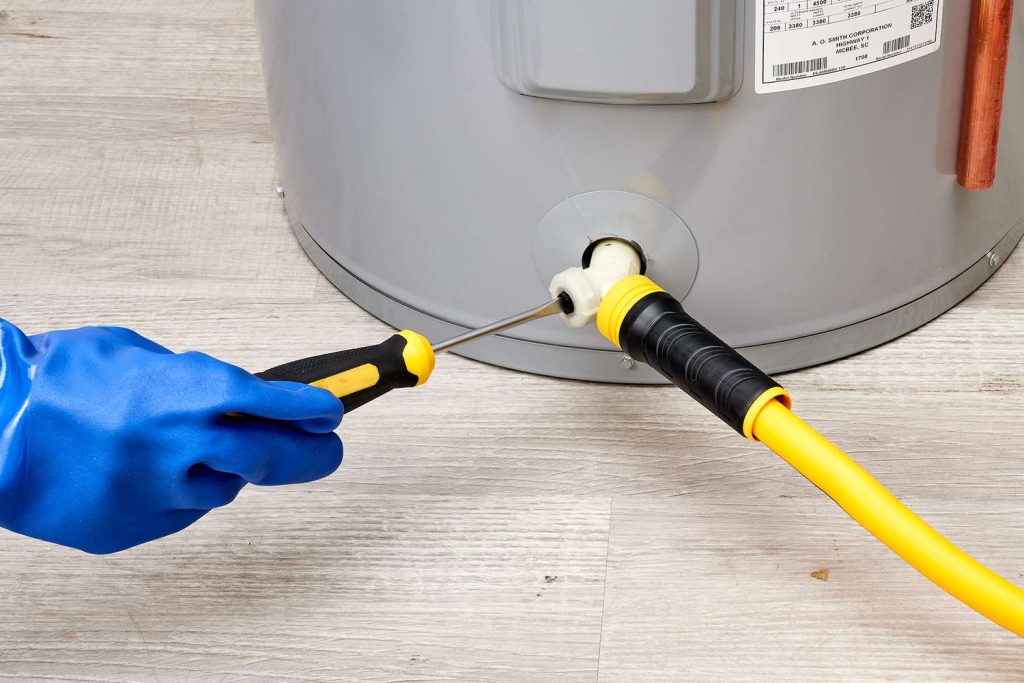Your water heater works hard behind the scenes to ensure your showers are warm and your dishes are clean. But, just like any other home device, it needs to be serviced regularly to work well and last longer. Whether you’re a homeowner or a savvy renter, learning how to maintain your water heater like a pro can save you from sudden breakdowns and costly replacements. Here’s a practical guide to keeping your water heater in top shape, with some handy tech-savvy tips along the way.
Understand the Type of Water Heater You Own
First things first—know your system. Does the water heater have a tank, or does it not have a tank? Gas or electric? Understanding the basics of your unit helps you know what to expect in terms of upkeep and potential issues. For example, tank heaters need periodic flushing, while tankless models require descaling to remove mineral buildup.
Set the Right Temperature
One of the simplest tech tips that has a significant impact is adjusting your water heater’s thermostat. Set it to 120°F (49°C) for optimal performance and safety. It’s hot enough to stop germs from growing, but not so hot that it burns your skin or makes your energy bill go up. Many newer models allow you to adjust the temperature digitally, making it a breeze to get it just right.
Flush the Tank Annually
If you have a traditional water heater with a tank, sediment buildup over time can reduce efficiency and damage the unit. Pro maintenance includes flushing the tank at least once a year to clear out debris. To do this yourself, turn off the gas or electricity, connect a hose to the dump valve, and let the tank empty. But if the task seems daunting or hasn’t been done in years, it’s wise to call a hot water repair service to ensure it’s done safely and thoroughly.
Check the Anode Rod
Inside your tank water heater is an unsung hero—the anode rod. This component attracts corrosive minerals, helping prevent the tank from rusting. But it doesn’t last forever. Check it every two to three years and replace it when it’s significantly corroded. Many smart water heaters send alerts or have mobile apps that remind you when it’s time to inspect or change the rod.
Inspect for Leaks and Corrosion
A visual inspection can go a long way. Look around the base of your water heater for any signs of leaks, rust, or pooling water. Even small leaks can become big problems if left unchecked. Use a flashlight to check hard-to-see areas and feel around fittings for any moisture. If you notice anything suspicious, it’s best to contact a hot water repair service immediately before the issue worsens.
Use Smart Monitoring Tools
Smart home technology has made water heater maintenance easier than ever. Install leak detectors near your water heater to get real-time alerts on your phone if water is detected. Some systems even monitor usage and efficiency, giving you valuable insights into when maintenance is needed or when your unit is underperforming.
Insulate Your Heater and Pipes
Another pro tip is insulating your heater and the first few feet of hot water pipes to reduce heat loss and improve efficiency. You can use an insulating blanket or wrap made for water heaters. Be cautious with gas heaters—make sure not to cover the burner or thermostat area. This is a quick and inexpensive way to get more out of your system year-round.
Know When to Call the Pros
Even the most tech-savvy homeowners need help sometimes. If your water isn’t heating properly, you’re hearing strange noises, or you notice rust in your water, it’s time to call in a professional. A certified hot water repair service can diagnose issues quickly and keep your system running like new.
By following these maintenance tips and integrating smart tools, you can extend the life of your water heater and improve its efficiency. With a little attention and some tech support, you’ll be handling your water heater like a pro—and avoiding cold showers in the process.

